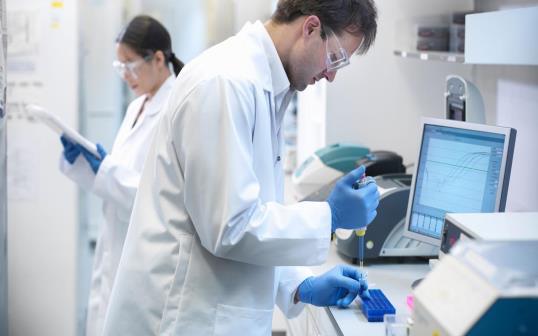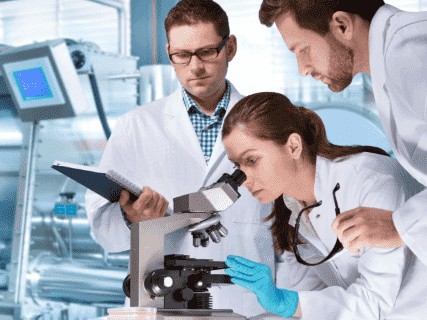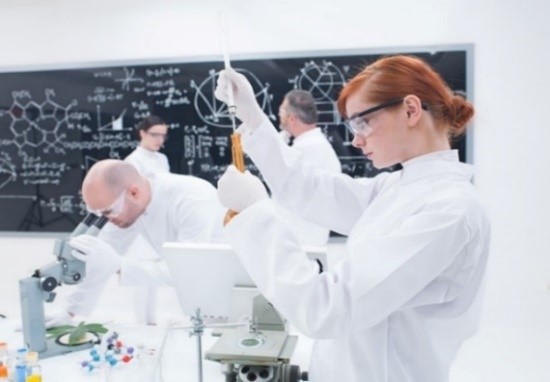COURSE OVERVIEW
LE0171 : Sampling and Testing Procedures

OVERVIEW
| COURSE TITLE | : | LE0171 : Sampling and Testing Procedures |
| COURSE DATE | : | Sep 07 - Sep 11 2025 |
| DURATION | : | 5 Days |
| INSTRUCTOR | : | Mr. Kyle Bester |
| VENUE | : | Dubai, UAE |
| COURSE FEE | : | $ 5500 |
Course Description
Analytical procedures often start with the instruction to take a given quantity of a representative sample. It is clear that the only perfect sample is the entire lot; anything less carries with it a statistical probability that it will be less than representative. Also, the smaller the sample, the greater the likelihood that it will deviate in composition from the whole. Statistically – greater than 66% of all analytical errors contained in analytical results come from the sampling process. The analytical result may depend on the method used for the analysis, but it always depends on the type of sampling plan used. Knowledge of the potential sampling error is important since if the sampling error is more than about 2/3 of the total error, any attempt to reduce the analytical error is of little value. Therefore, when you are assessing the uncertainty of the final result you should remember the contribution from sampling errors. These errors cannot be evaluated or controlled using standards or reference materials.
TRAINING METHODOLOGY
This interactive training course includes the following training methodologies:
LecturesPractical Workshops & Work Presentations
Hands-on Practical Exercises & Case Studies
Simulators (Hardware & Software) & Videos
In an unlikely event, the course instructor may modify the above training methodology for technical reasons.
VIRTUAL TRAINING (IF APPLICABLE)
If this course is delivered online as a Virtual Training, the following limitations will be applicable:
| Certificates | : | Only soft copy certificates will be issued |
| Training Materials | : | Only soft copy materials will be issued |
| Training Methodology | : | 80% theory, 20% practical |
| Training Program | : | 4 hours per day, from 09:30 to 13:30 |
RELATED COURSES

LE0115 : Modern Analytical Laboratory Management Operations Analytical Instrumentation Equipment Safety and Quality ISO 17025
- Date: Mar 29 - Apr 02 / 3 Days
- Location: Al Khobar, KSA
- Course Details Register

LE0060 : Practical Problem Solving in Chemical Analysis
- Date: Mar 29 - Apr 02 / 3 Days
- Location: Dubai, UAE
- Course Details Register

LE0115 : Modern Analytical Laboratory Management Operations Analytical Instrumentation Equipment Safety and Quality ISO 17025
- Date: Mar 29 - Apr 02 / 3 Days
- Location: Al Khobar, KSA
- Course Details Register

LE0290 : Advanced GLP: Uncertainty Measurement, Data Validation, Method Validation & Statistical Process Control (SPC) in Analytical Laboratory According to ISO 17025
- Date: Mar 29 - Apr 02 / 3 Days
- Location: Dubai, UAE
- Course Details Register
